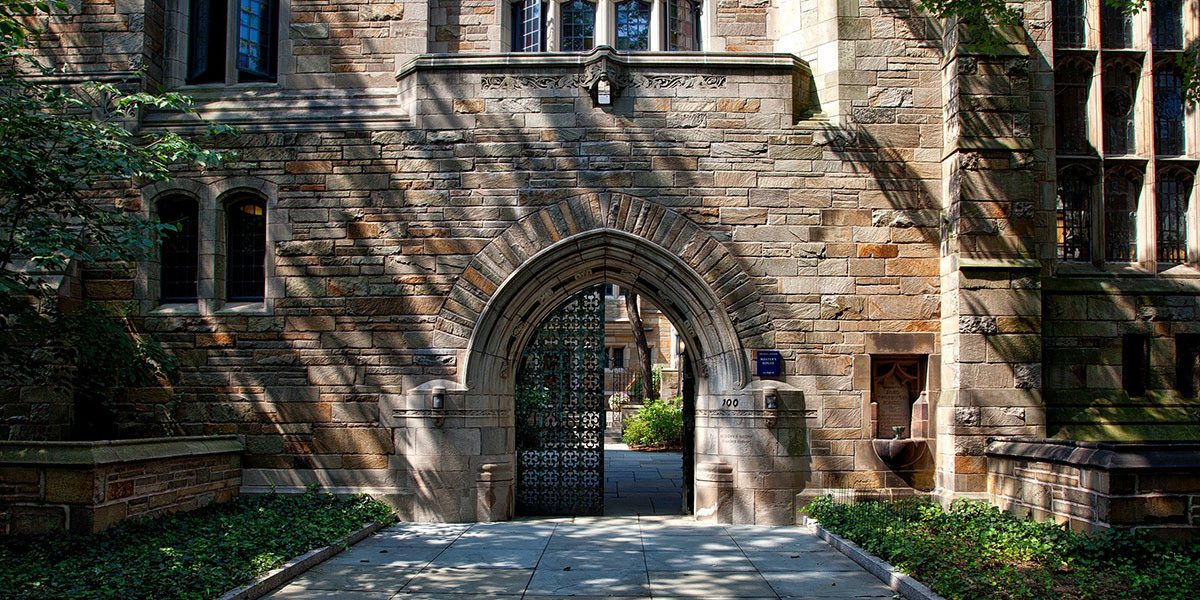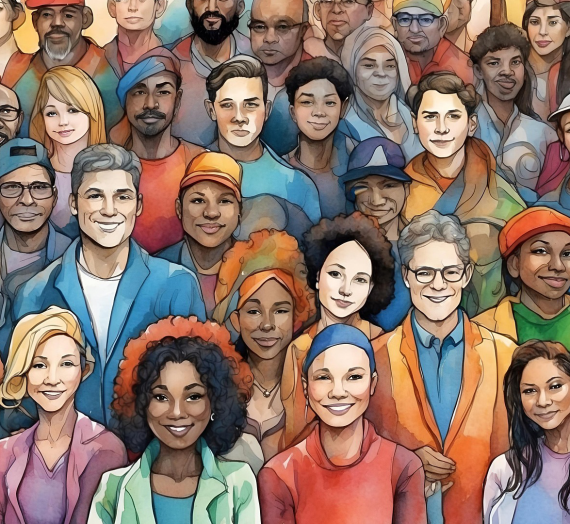The peer review process for academic articles is essential for selecting high-quality work for publication. How can editors help maintain the integrity and fairness of this process?
Researchers have recently highlighted problems in the peer review process for selecting academic articles for publication. Authors and peer reviewers are the main people involved in peer review, but editors can play a crucial role by managing the process and holding those involved to the highest standards of ethics and fairness. Editors are responsible for “safeguarding and improving peer review” (Resnik and Elmore 2015, 170), and they can be the leading force in improving peer review so that the highest quality of research is published.
THE RESEARCH
David B. Resnik and Susan A. Elmore describe the problems of and potential solutions for peer review in the article “Ensuring the Quality, Fairness, and Integrity of Journal Peer Review: A Possible Role of Editors.” The main problems the researchers consider include (1) inadequate review, (2) inconsistent review, (3) biased review, and (4) unethical review. Resnik and Elmore report that in one study, researchers sent 180 reviewers a paper that had an obvious methodological flaw; only 25% of the reviewers who sent back the paper commented on the problem with the methodology. Another study identified inconsistency in peer review: the researchers submitted articles to a journal that had already rejected the papers, and several were accepted even though they had previously been deemed unfit to be published in the journal. Researchers have also found evidence of gender and institutional bias in peer review. Unethical review problems are generally reported anecdotally rather than statistically, but evidence that reviewers personally attack authors or use authors’ data without permission has been reported.
Some suggestions for solving the problems with peer review include using a double-blind approach (in which the author and reviewer don’t know the other’s identity) or, on the opposite end of the spectrum, using a completely open approach (in which both the reviewer and author know the other’s identity). Resnik and Elmore explore these options to an extent, but they conclude that the best solution is to focus on how a journal’s editor in chief can mediate between authors and reviewers. This mediation will keep the process fair and ethical while maintaining the quality of the journal.
THE IMPLICATIONS
Editors are more than people who correct grammar mistakes; Resnik and Elmore’s research shows that a journal’s editor in chief is an important part of the communication process when it comes to academic publishing: “It is clear that editors are the linchpin of peer review, since they make decisions that have a significant impact on the process and its outcome” (Resnik and Elmore 2015, 180).
“It is clear that editors are the linchpin of peer review, since they make decisions that have a significant impact on the process and its outcome.”
—Resnik and Elmore (2015)
An editor in chief can improve the peer review process by choosing good reviewers; helping reviewers make good choices in selecting articles for a journal; and facilitating positive, productive communication between reviewers and authors. Academic peer review is an important but flawed part of publishing, and editors can play a key role in maintaining a publication’s integrity and reforming the process of peer review.
To learn more about editors’ role in peer review, read the full article:
Resnik, David B., and Susan A. Elmore. “Ensuring the Quality, Fairness, and Integrity of Journal Peer Review: A Possible Role of Editors.” Science and Engineering Ethics 22, no. 1 (2015): 169–88. https://doi.org/10.1007/s11948-015-9625-5.
—Sara McOmber, Editing Research
FEATURE IMAGE BY PIXABAY
Find more research
Read Hymn Rodman’s (1970) article to learn more about the specific responsibilities of journal editors: “The Moral Responsibility of Journal Editors and Referees.” The American Sociologist 5, no. 4 (1970): 351–57.
Take a look at Scott Armstrong’s (1997) article to better understand the process of peer review and its complications: “Peer Review for Journals: Evidence on Quality Control, Fairness, and Innovation.” Science and Engineering Ethics 3, no. 1 (1997): 63–84. https://doi.org/10.1007/s11948-997-0017-3.





Liana Sowa
This was a very interesting study! I was not aware that editors were so involved in this process. I previously would have thought that an editor would be unqualified to be so involved because they don’t always have background in the fields they edit.
Myla Parke
This is great research! Thanks for sharing!